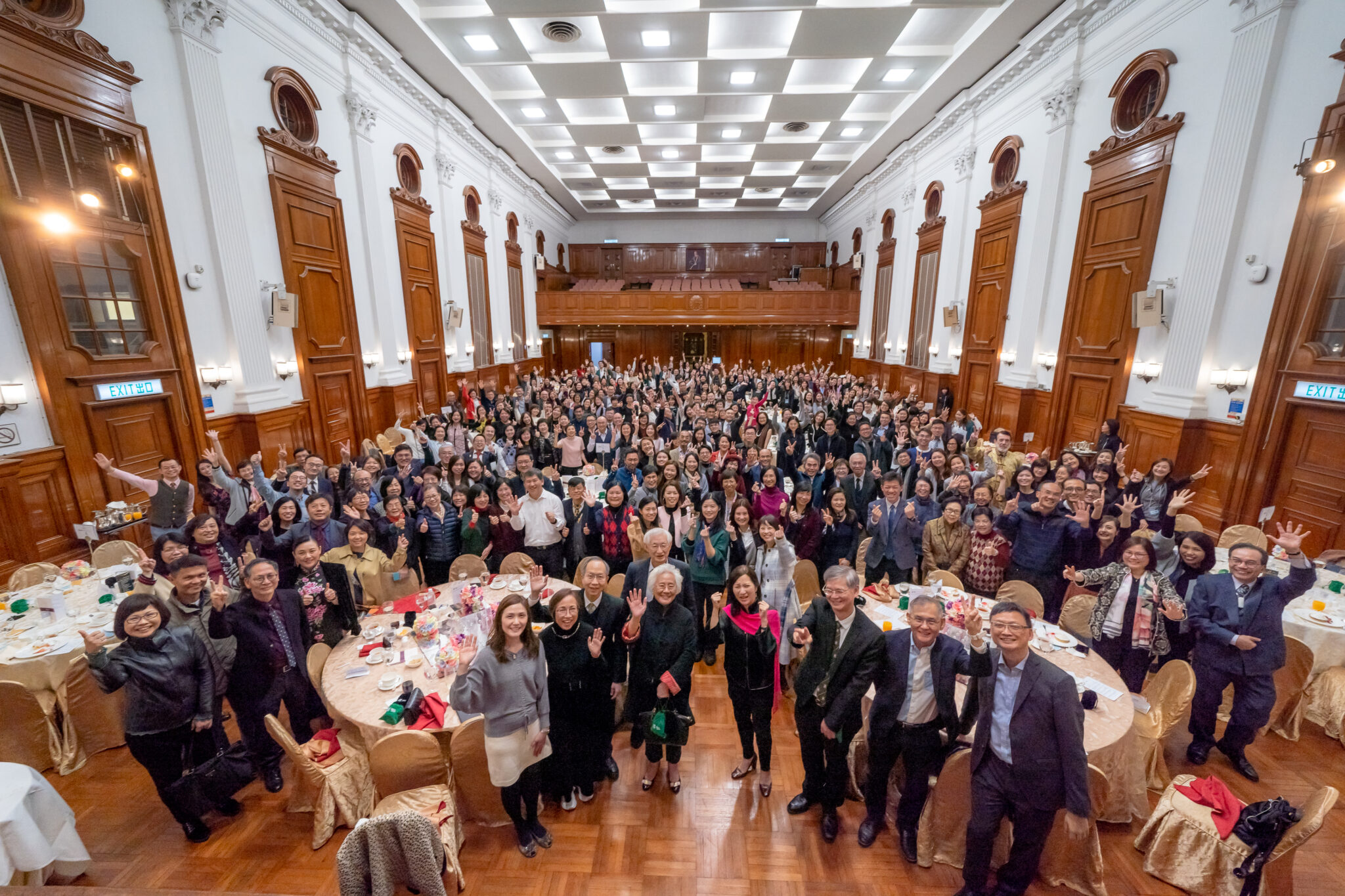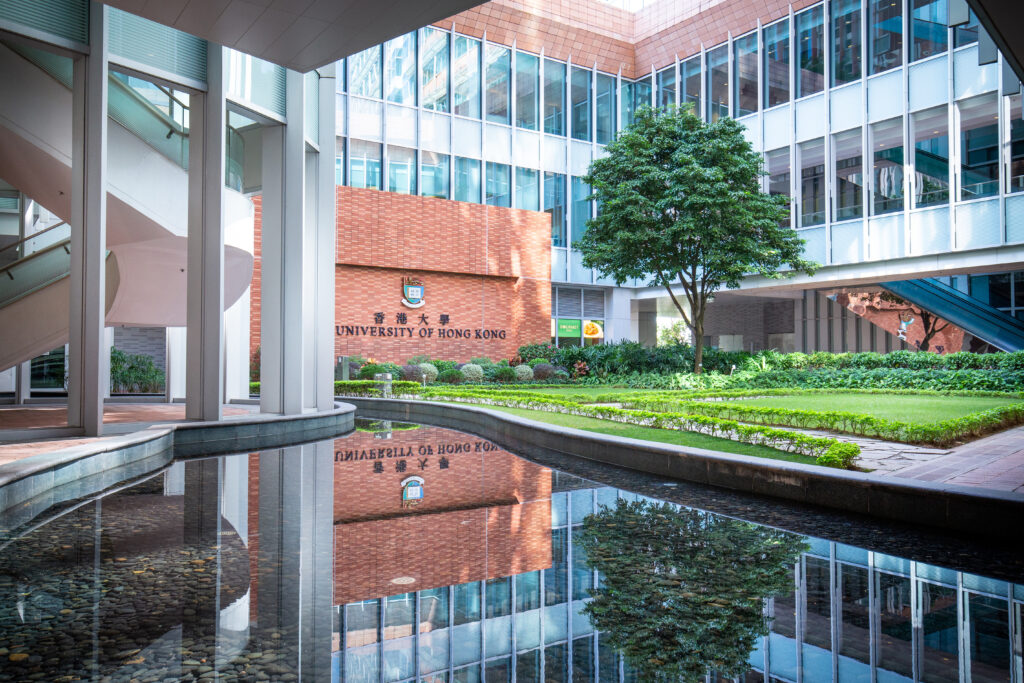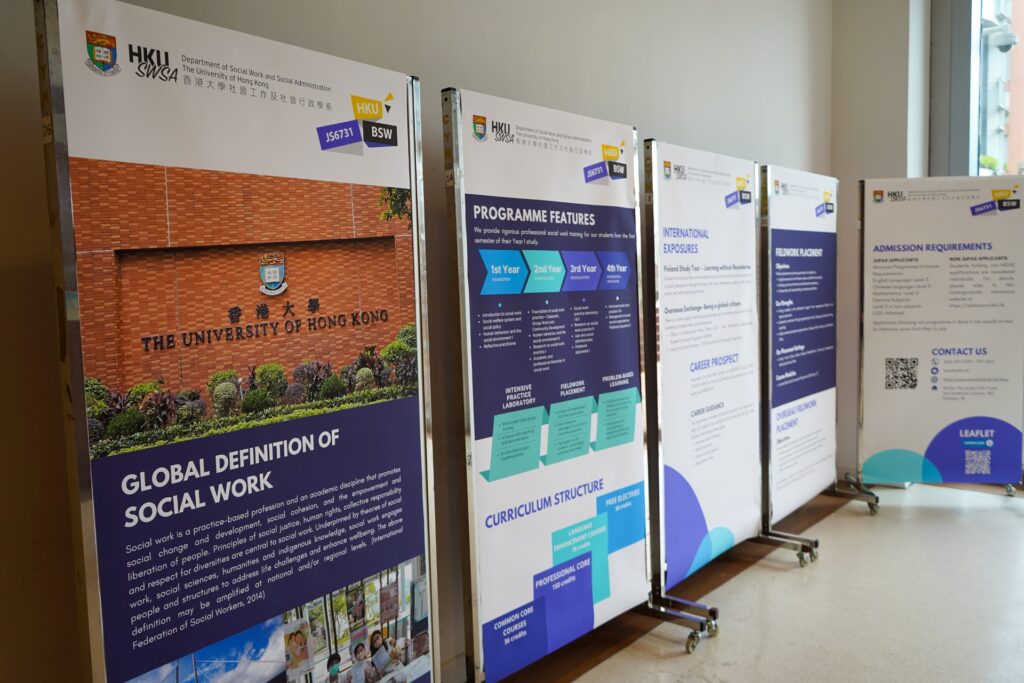Trainees often express anxieties when working with clients from different sociocultural backgrounds. Group supervision can provide a space to address such concerns, including managing culturally related countertransference and understanding sociocultural factors in issues faced by clients. This process requires critical consciousness and discussion of trainees? and clients? cultural identities. This study built on research highlighting the positive role of cultural humility in individual supervision and group therapy to examine cultural humility in group supervision and its contribution to trainees? self-efficacy in adapting therapy and managing relationship conflicts with a range of clients (i.e., cultural responsiveness self-efficacy), via sociocultural awareness and minimal cultural concealment about themselves and their clients. Ninety-one master?s level counseling trainees in Hong Kong from 18 supervision groups in two training programs completed measures of cultural humility, cultural concealment, sociocultural awareness, and cultural responsiveness self-efficacy. Multilevel modeling indicated that, at the within-trainee level, higher group cultural humility was associated with higher sociocultural awareness and lower cultural concealment about themselves and their clients. Greater sociocultural awareness, but not cultural concealment, was, in turn, linked to higher cultural responsiveness self-efficacy. At the between-trainee level, higher group cultural humility correlated with lower trainee cultural concealment, but not sociocultural awareness, which was associated with cultural responsiveness self-efficacy, although no mediation was observed. This study underscores the value of cultural humility in the context of group supervision. Implications for multicultural group supervision are discussed. (PsycInfo Database Record (c) 2025 APA, all rights reserved)
Congratulations to Prof. LOU W.Q. Vivian on being recognized among the Healthy Ageing 50 Leaders by the UN Decade of Healthy Ageing (2021?2030). The Healthy Ageing 50 highlights people from every region and sector?government, civil society, academia, and business?whose work is measurably improving the lives, rights, and well-being of older people and advancing the Decade?s priorities: combating ageism, fostering age-friendly environments, and expanding access to integrated and long-term care. Honourees are profiled on the Decade platform to showcase approaches with proven impact and potential to scale, and to catalyse collaboration across countries and disciplines?reflecting Dr. LOU?s leadership in ageing and longevity.
Learn more: https://www.decadeofhealthyageing.org/topics-initiatives/other-initiatives/healthy-ageing-50#anchor_two
Prof. LAW Y.W. Frances was admitted as a Fellow of the Academy by the Hong Kong Academy of Social Work. The Fellowship is a senior professional honour that recognizes social work leaders with sustained, exemplary contributions to the profession and the community. Fellows are peer?acknowledged for their professional excellence and leadership, ethical standing, impact on practice and policy, scholarship and education, and dedicated service. As a Fellow, Prof. Law is part of a community expected to set standards for the field, champion continuing professional development, mentor the next generation, and help advance the Academy?s mission to strengthen social work quality and public trust in Hong Kong. This recognition affirms her leadership and broad impact across research, practice, and community engagement.
Learn more: https://academy.hkswa.org.hk/zh-HK/membership/information/fellow/





